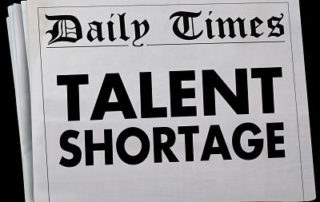Are you leveraging your hiring advantage?
Most agencies today are struggling to recruit and retain good talent. If that’s you, you’re not alone. Our industry is experiencing a 30% turnover on average. If you’re not seeing that issue in your shop, my guess is that you have discovered the secret that every agency has but few truly leverage. Culture. Yes, you have to pay them a fair wage (check your salaries against our 2019 salary survey if you’re not sure) and offer decent benefits. But we all know those are just table stakes. Agencies are in a very unique position to create “brag-worthy benefits” that will help you attract and keep strong team members. I recently wrote an article for MediaPost that outlined some of the most important elements of culture. As always, I’d love your thoughts. But it’s not just about the list of perks and opportunities. It’s also your agency’s spirit. When I walk in the door, is it like a tomb with everyone whispering or not talking at all? Does spontaneous fun break out at least once a week? Do you give your team permission to generate that fun and demonstrate your support by participating? Create a culture that has your employees sharing it on social media and over the dinner table. That sense of belonging and energy is very hard to walk away from and very attractive when someone is looking for a place to call home.











